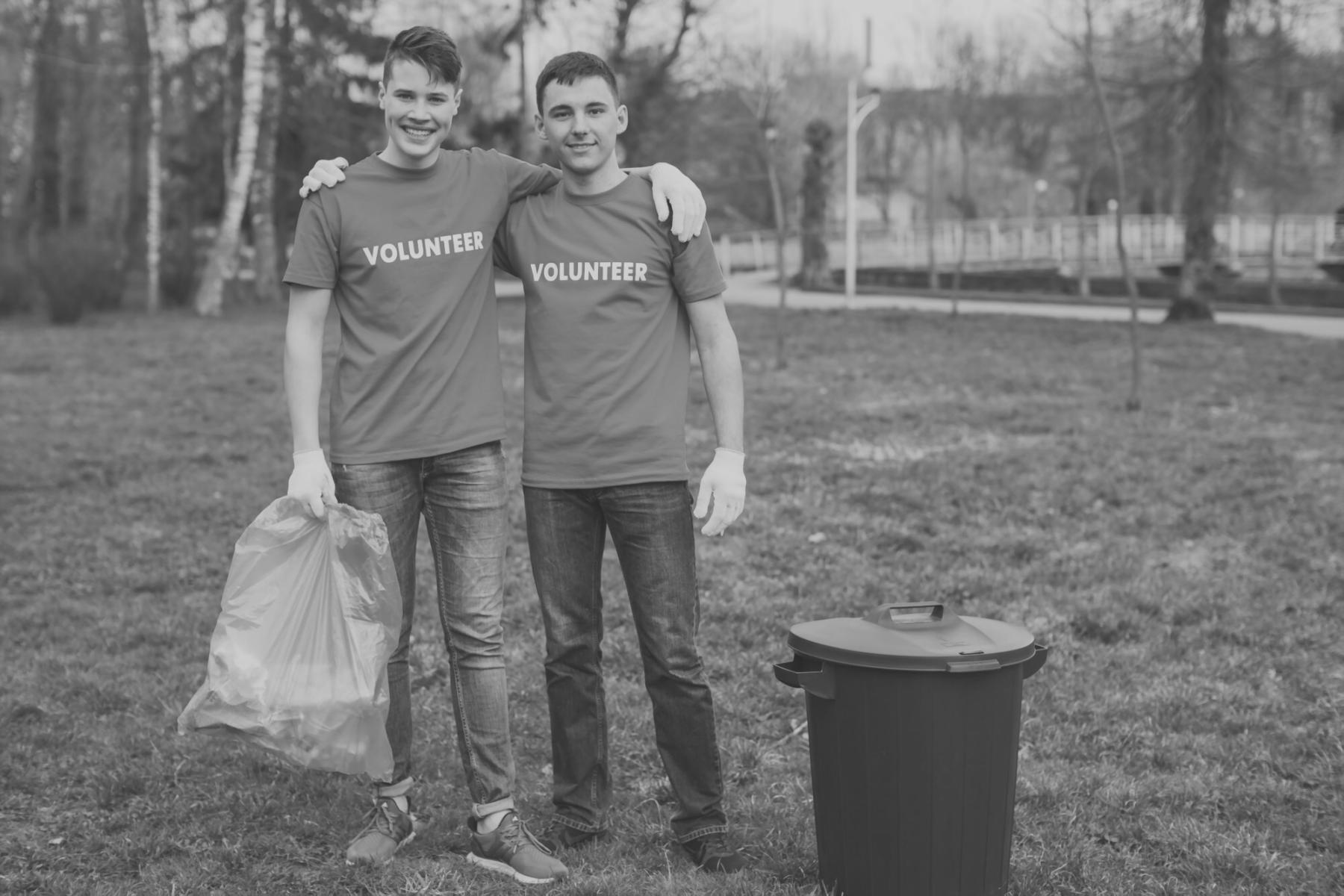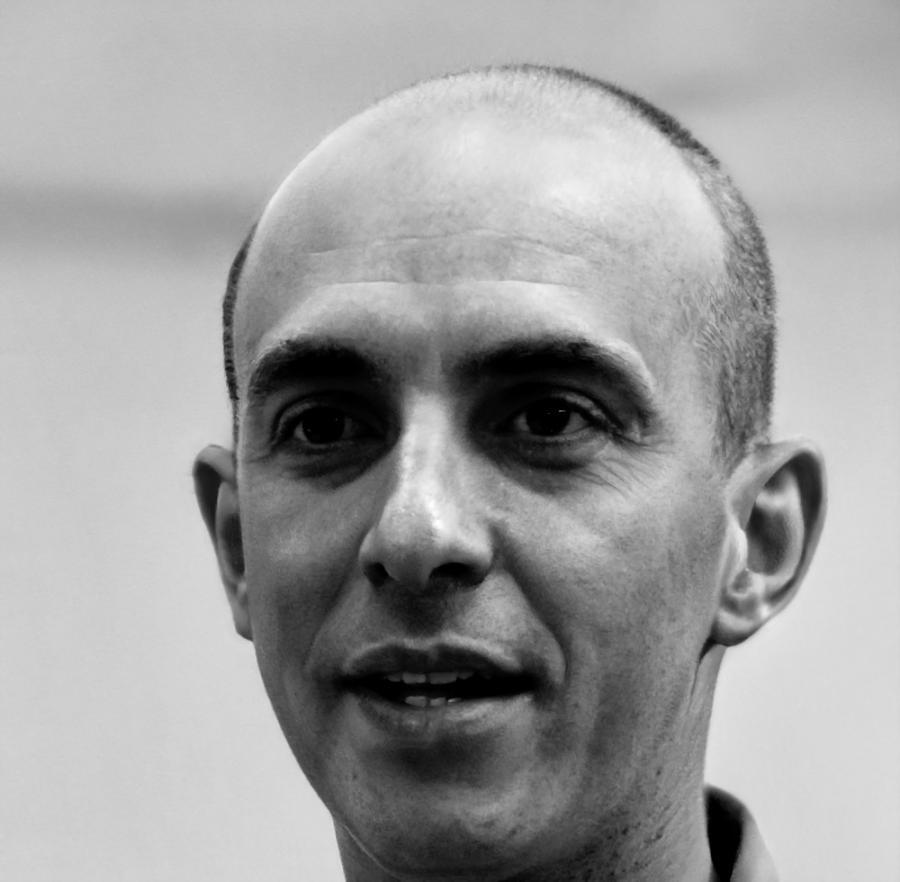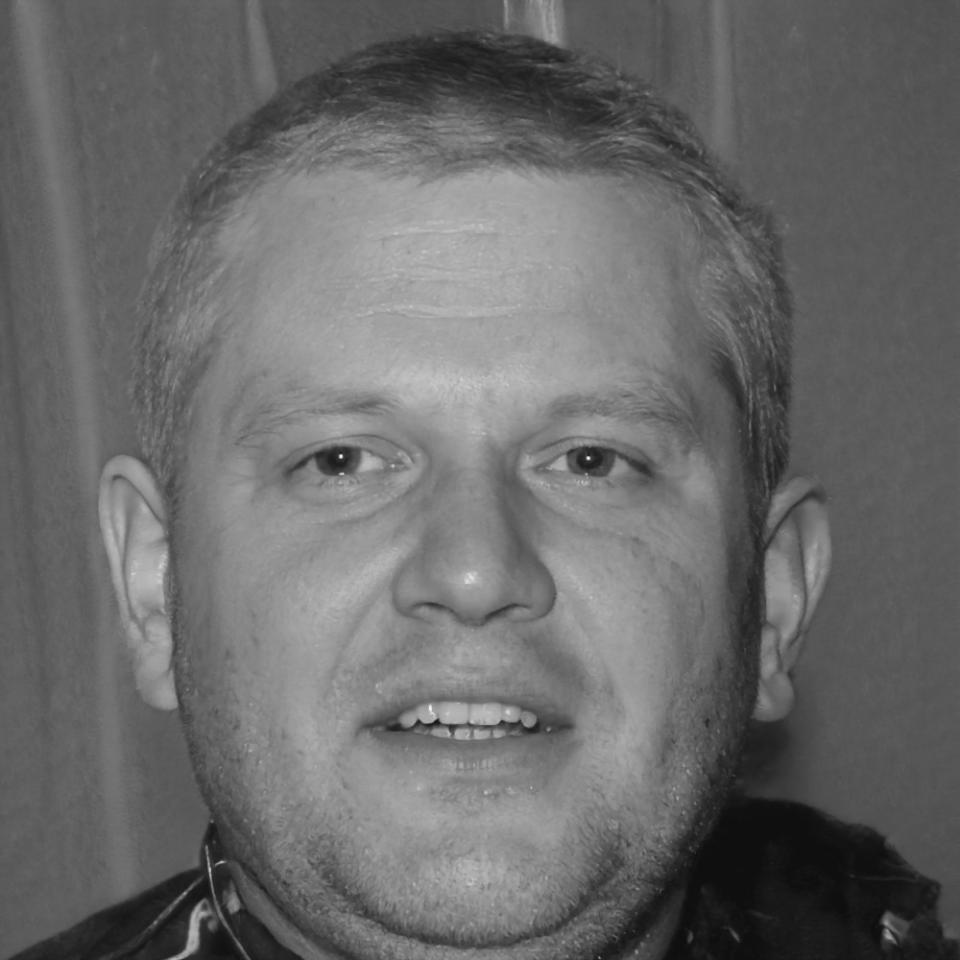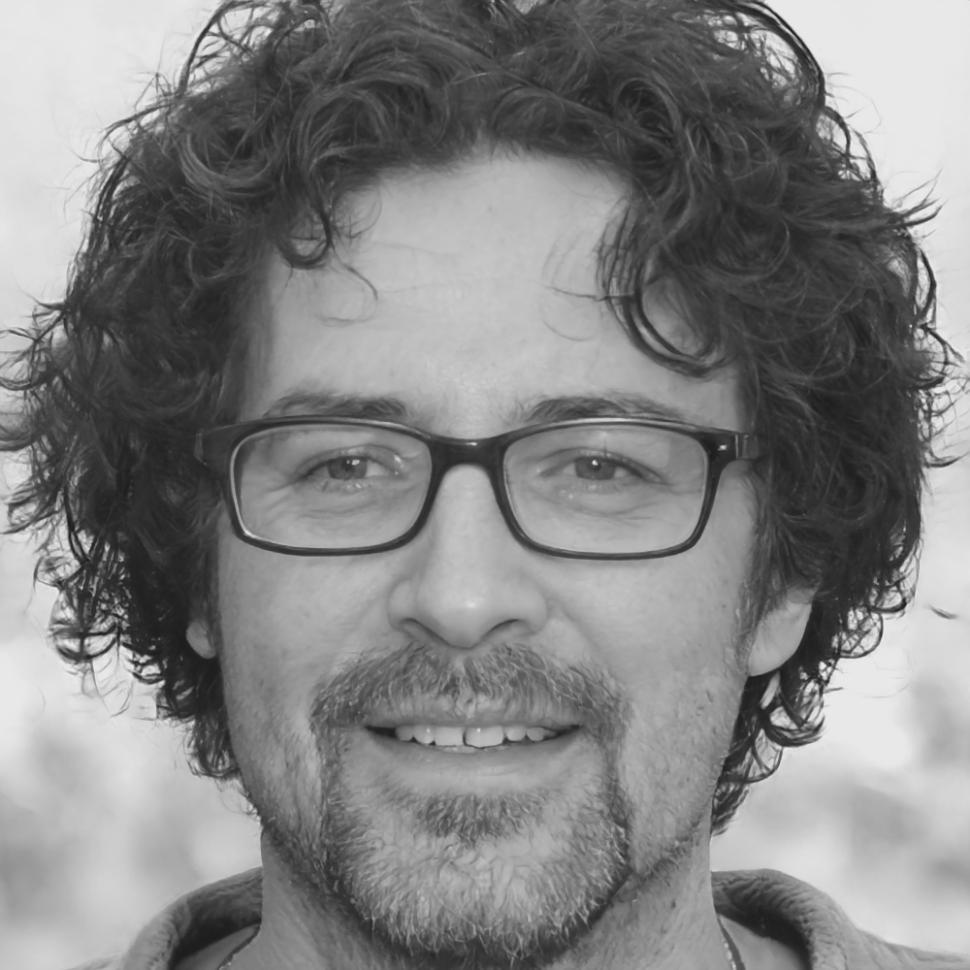Field Research & Conservation Biology Program
Join our comprehensive 18-month program starting September 2025. Learn hands-on field techniques, ecosystem monitoring, and species conservation through real research projects with working biologists.
Request Program Information



